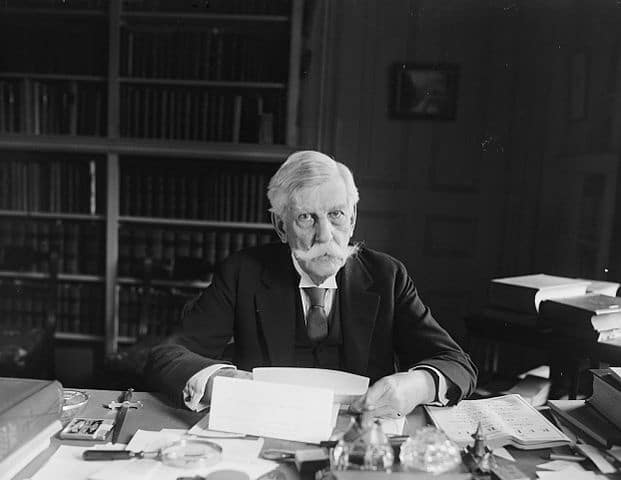Legends of the Law: The Case That Changed America’s Pastimes
Baseball has always called itself a game. But in 1922, the Supreme Court was asked a question that went far beyond the ball park: Was it really just a game… or was it a business?

The case was Federal Baseball Club v. National League. On the surface, it looked like a dry antitrust dispute. The Baltimore Terrapins, a short-lived Federal League team, accused the National League of acting like a monopoly and driving them out of business.
But peel back the legal language and the fight was bigger. Ballparks weren’t just places for games, they were hubs of community life. Families spent their free time there. Breweries and local businesses had long fueled the sport’s growth. If the Court decided baseball was commerce, the whole structure, from ticket sales to player contracts, could have been blown wide open.
Enter Justice Oliver Wendell Holmes, one of the most famous legal minds of his era. His opinion was short and to the point: baseball, he wrote, was not interstate commerce. It was sport. A “state affair.” Not subject to federal antitrust law.
With that ruling, Major League Baseball walked away with something no other American industry has ever had: a lasting exemption from antitrust rules.
The Ripple Effects
The league could lock players into contracts, dictate salaries, and decide which cities got teams, all without Washington stepping in.
The effects stretched for generations. The “reserve clause” chained players to one club for most of their careers. Expansion happened only when the league allowed it, on its terms. And even now, lawyers and fans argue over whether Holmes’s decision was a quaint nod to tradition or one of the Court’s biggest strikeouts.
Why This Case Still Echoes
- A legal outlier. Baseball remains the only pro sport with a blanket antitrust exemption. Not even the NFL or NBA got that lucky.
- Labor battles. Players spent decades with almost no leverage until Curt Flood and others finally cracked the system in the 1970s.
- Beyond the box score. The case proved that law doesn’t just shape contracts and corporations, it shapes the culture we rally around on weekends.
At Neostella, we see that lesson every day. Legal precedent isn’t abstract; it molds industries, livelihoods, and communities. And sometimes, like in baseball, the law changes the way America plays.
What Legal Teams Can Learn from Baseball’s Antitrust Exemption
- Watch for legal “quirks.” One ruling can create a carve-out that lasts for decades, reshaping an entire industry.
- Monopolies matter. Whether in sports, tech, or healthcare, monopoly power is still hotly debated. Firms that understand antitrust law can advise clients on both risks and opportunities.
- Culture and commerce are intertwined. Baseball wasn’t just a pastime, it was big business dressed as tradition. The same is true for many industries today, where cultural icons carry hidden legal battles.
Beer. Baseball. The Supreme Court. Only in America could all three collide on the same day and change history.
History has many voices, but only a select few become Legends of the Law.
